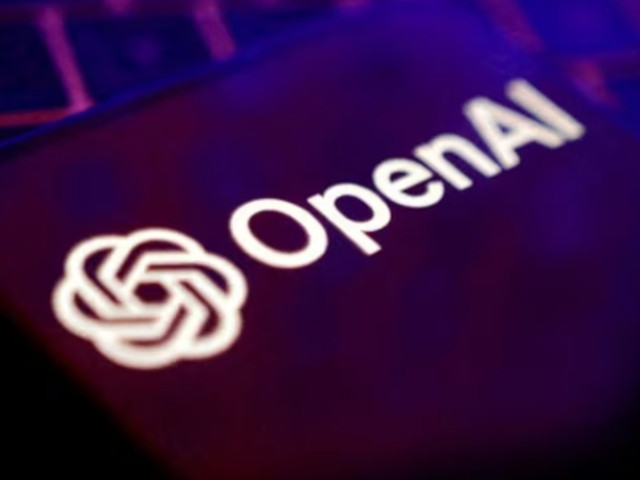
OpenAI closes Iranian group's ChatGPT accounts for targeting US election
OpenAI said on Friday it had taken down accounts of an Iranian group for using its ChatGPT chatbot to generate content meant for influencing the US presidential election and other issues. The operation, identified as Storm-2035, used ChatGPT to generate content focused on topics such as commentary on the candidates on both sides in the US elections, the conflict in Gaza and Israel's presence at the Olympic Games and then shared it via social media accounts and websites. Investigation by the Microsoft-backed AI company showed that ChatGPT was used for generating long-form articles and shorter social media comments. OpenAI said the operation did not appear to have achieved meaningful audience engagement. Majority of the identified social media posts received few or no likes, shares or comments and the company did not see indications of web articles being shared across social media. The accounts have been banned from using OpenAI's services and the company continues to monitor activities for any further attempts to violate policies, it said. Earlier in August, a Microsoft threat-intelligence report said Iranian network Storm-2035, comprising four websites masquerading as news outlets, is actively engaging U.S. voter groups on opposing ends of the political spectrum. The engagement was being built with "polarizing messaging on issues such as the US presidential candidates, LGBTQ rights, and the Israel-Hamas conflict," the report stated. Israeli researchers say they may have identified a strain of cocoa that could increase the plant's growing region. Democratic candidate Kamala Harris and Republican rival Donald Trump are locked in a tight race, ahead of the Nov. 5 presidential election. The AI firm said in May it had disrupted five covert influence operations that sought to use its models for "deceptive activity" across the internet.

OpenAI said on Friday it had taken down accounts of an Iranian group for using its ChatGPT chatbot to generate content meant for influencing the US presidential election and other issues. The operation, identified as Storm-2035, used ChatGPT to generate content focused on topics such as commentary on the candidates on both sides in the US elections, the conflict in Gaza and Israel's presence at the Olympic Games and then shared it via social media accounts and websites. Investigation by the Microsoft-backed AI company showed that ChatGPT was used for generating long-form articles and shorter social media comments. OpenAI said the operation did not appear to have achieved meaningful audience engagement. Majority of the identified social media posts received few or no likes, shares or comments and the company did not see indications of web articles being shared across social media. The accounts have been banned from using OpenAI's services and the company continues to monitor activities for any further attempts to violate policies, it said. Earlier in August, a Microsoft threat-intelligence report said Iranian network Storm-2035, comprising four websites masquerading as news outlets, is actively engaging U.S. voter groups on opposing ends of the political spectrum. The engagement was being built with "polarizing messaging on issues such as the US presidential candidates, LGBTQ rights, and the Israel-Hamas conflict," the report stated. Israeli researchers say they may have identified a strain of cocoa that could increase the plant's growing region. Democratic candidate Kamala Harris and Republican rival Donald Trump are locked in a tight race, ahead of the Nov. 5 presidential election. The AI firm said in May it had disrupted five covert influence operations that sought to use its models for "deceptive activity" across the internet.
